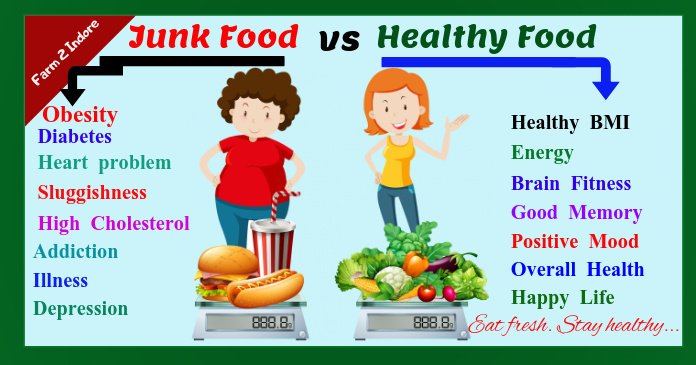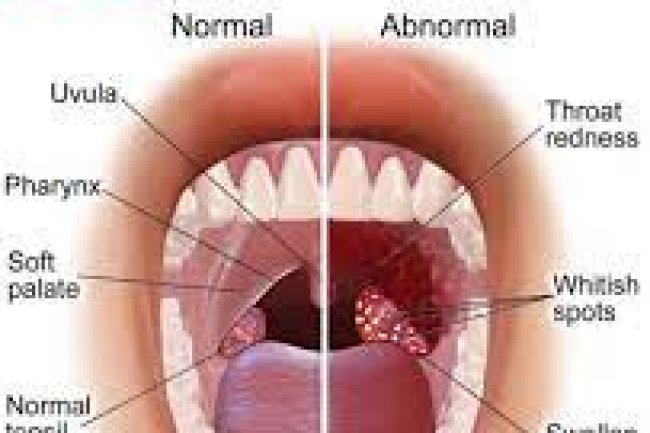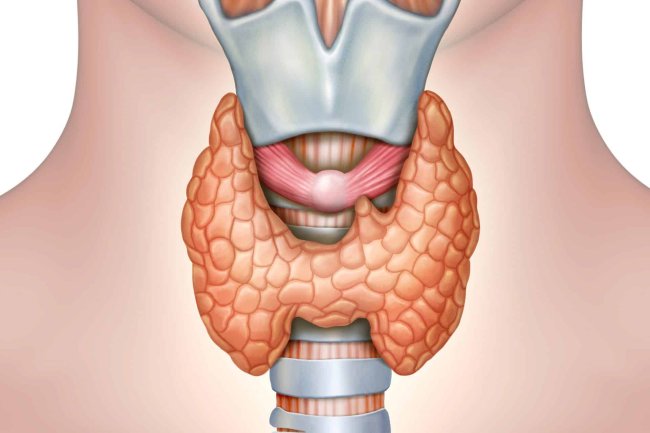Healthy food VS Junk food
Healthy food provides essential nutrients, supports long-term health, and promotes overall well-being, while junk food is high in empty calories, unhealthy fats, and sugars and can lead to negative health outcomes when consumed regularly. A balanced diet that prioritizes healthy foods and limits the intake of junk food is key to maintaining good health and well-being.

Healthy Food:
-
Nutrient-Dense: Healthy foods are rich in essential nutrients, including vitamins, minerals, fiber, and antioxidants. They provide the body with the necessary fuel for optimal functioning.
-
Low in Unhealthy Fats and Sugars: Healthy foods are low in saturated and trans fats, as well as added sugars, which are linked to chronic diseases like heart disease and diabetes.
-
Balanced Macronutrients: They usually contain a balanced mix of carbohydrates, proteins, and healthy fats, supporting overall well-being.
-
Promotes Satiety: Healthy foods are often high in fiber, which can help control appetite and maintain a healthy weight.
-
Long-Term Health Benefits: Consuming a diet rich in healthy foods is associated with a reduced risk of chronic diseases like heart disease, obesity, and certain cancers.
Examples of healthy foods include fruits, vegetables,dry fruits, whole grains, lean proteins (like chicken and fish), seeds, and legumes.
Junk Food:
-
Calorie-Dense, Nutrient-Poor: Junk food is often high in calories but lacks essential nutrients. It provides empty calories, leading to overconsumption and weight gain.
-
High in Unhealthy Fats and Sugars: Junk foods typically contain high levels of saturated and trans fats, as well as excessive amounts of added sugars, which can contribute to obesity and related health issues.
-
Low in Fiber: They lack dietary fiber, which can result in overeating and poor digestion.
-
Short-Term Pleasure: Junk food is often designed to be palatable and trigger the brain's reward system, leading to cravings and overconsumption.
-
Health Risks: Regular consumption of junk food is associated with an increased risk of obesity, heart disease, type 2 diabetes, and other health problems. Examples of junk food include fast food items (e.g., burgers,pizza,pasta,nudles, fries), sugary snacks (e.g., candy, soda),cold drinks,packets food and highly processed, low-nutrient foods (e.g., chips, cookies).
What's Your Reaction?















